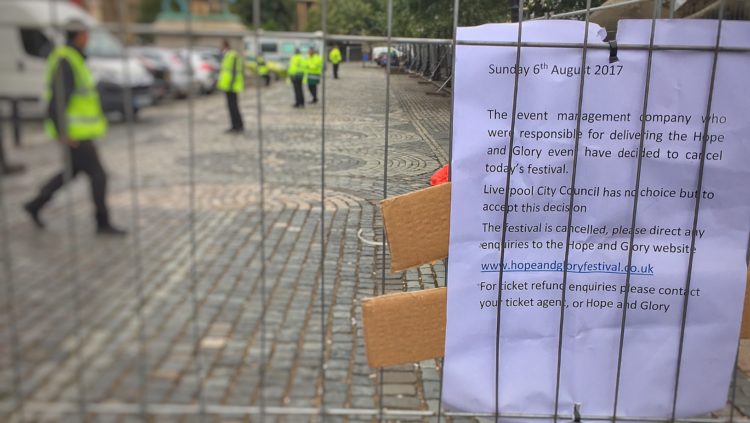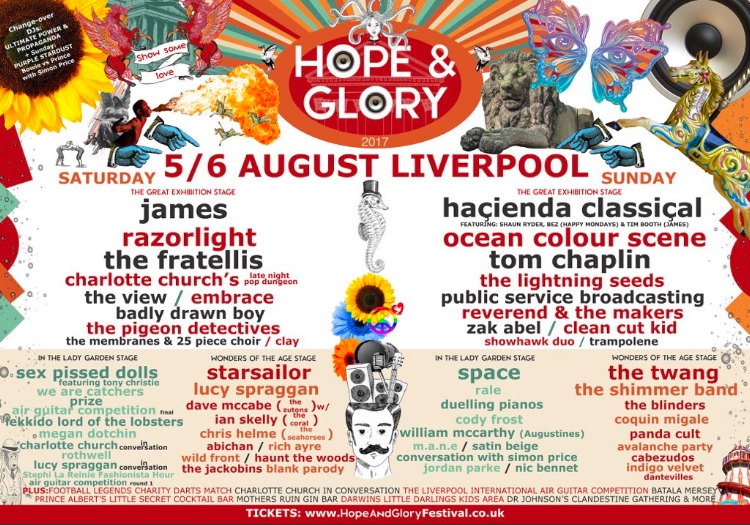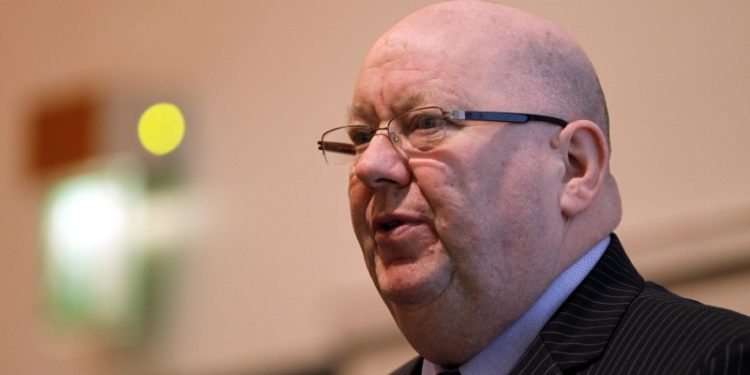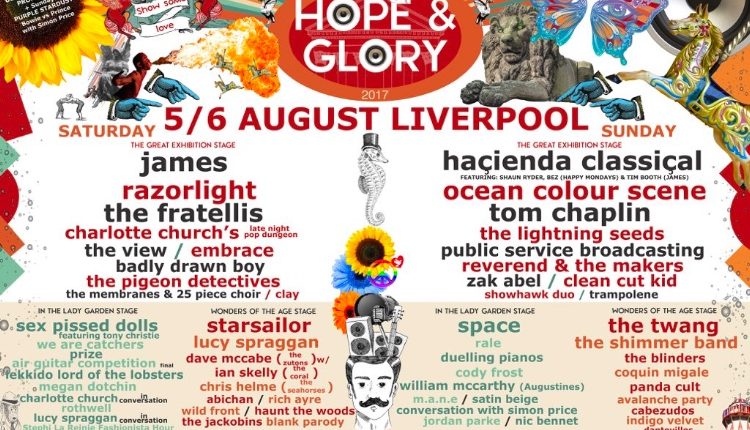Festival took place on the weekend of August 6/7 around St George’s Hall but was cancelled at the beginning of the second day amid the shambles of the first day. Tony McDonough reports

A “catalogue of failures” have been identified as the cause of the collapse of the Hope & Glory music festival in Liverpool.
The festival took place on the weekend of August 6/7 around St George’s Hall but was cancelled at the beginning of the second day amid the shambles of the first day.
Following its cancellation many city centre bars and venues stepped in to offer bands the chance to perform and discounts on food and drink.
An independent report commissioned by Mayor of Liverpool Joe Anderson says the organisers, tinyCow were were responsible for the failure.
The report was produced by The Event Safety Shop, made up of some of the country’s leading health and safety experts.
Click here to read the full report
It describes the event management plan as “not being fit for purpose” and found that the site build was delayed due to a lack of direction and communication by the company.
The report listed what it called a catalogue of failures. These include:
- No signage was installed, staff weren’t briefed and there was confusion around the queueing system, with some customers being given incorrect tickets.
- There was no designated area for lost children or vulnerable adults.
- There was no emergency evacuation plan in place.
- Acts on the main stage ran behind schedule and there were very long queues at the bars and toilets.
- Members of the public felt there was significant risk to public safety.
- The event manager left the site, was uncontactable and wasn’t seen again until the end of the day.
The authors praise the actions of Liverpool Council officers who stepped in when things began to go wrong and made sure it was able to go ahead safely on the first day before being cancelled by organiser Lee O’Hanlon on the second day.

But it also recommends that the Joint Agency Group (JAG) and Safety Advisory Group (SAG) – which includes the emergency services, public transport bodies, the city council and the NHS – are more involved in examining event plans and documentation in future.
It also found that background screening checks into tinyCOW through professional bodies or trade associations would not have stopped their application from being progressed.
Mayor Joe Anderson said: “We are a city renowned for staging large scale, successful events, and as a result of our reputation, we have more and more interest from the private sector in staging events here.
“We can’t accept anything that jeopardises our hard-won reputation. This is why I commissioned an independent report to spell out exactly why this privately organised event failed, and look at what the public sector could do to mitigate this happening again.
“It’s clear in retrospect that the failure of the event was down to the mismanagement of the organisers and our staff did tremendous work on the first day sorting out a wide range of issues and enabling the event to continue.

“This report was all about learning lessons, and although our procedures have served us well for the past ten years, the context and environment for staging events has changed in recent years, so we need to be honest with ourselves and reflect on the processes and procedures that are in place and react to the recommendations put forward.
“As a result of this report, we will work with our partners to put in place enhanced planning procedures for event which will find the right balance between scrutinising documents and not making the process too bureaucratic for organisers.
“If the company hadn’t gone into liquidation, I would have asked Merseyside Police to investigate the financial liabilities of the Hope and Glory Festivals Ltd.
“As far as I’m concerned, they have a moral obligation to reimburse disappointed ticket-holders who are out of pocket and I will be making this point to the liquidators.”

